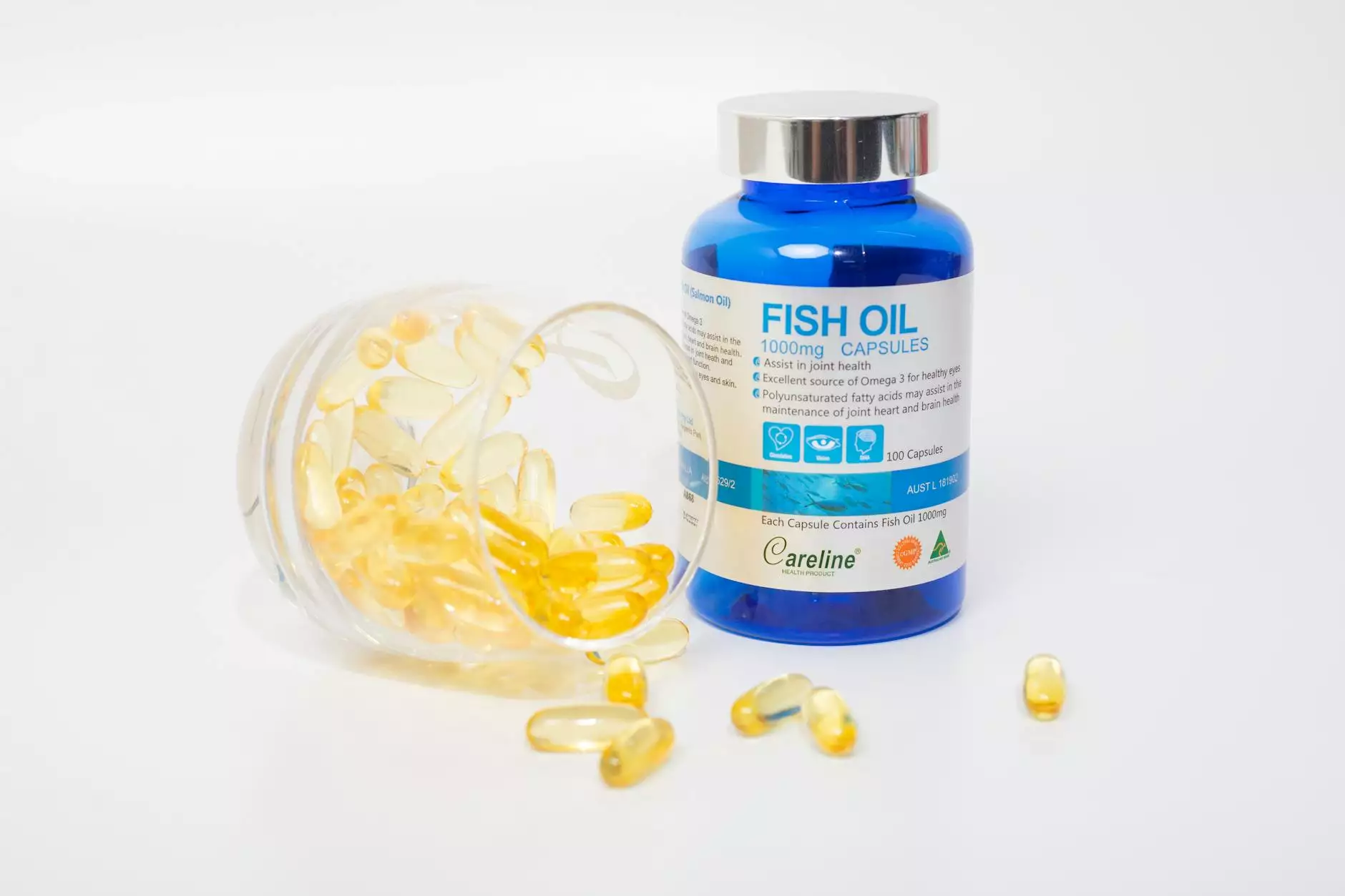Exploring the Benefits of Organic Baby Food: A Comprehensive Guide

In today's health-conscious society, parents are more aware than ever of the importance of providing their children with the best nutrition possible. One of the most significant trends in infant nutrition is the rising popularity of organic baby food. This article delves into the myriad benefits of organic baby food, why it's essential for your child's growth and development, and how it aligns with your family's values.
Understanding Organic Baby Food
Organic baby food refers to food products specifically designed for infants and toddlers, made from organic ingredients without the use of synthetic fertilizers, pesticides, or genetically modified organisms (GMOs). This nutritional choice ensures a healthier option for your child, free from harmful chemicals often found in conventionally grown food. The organic certification is a rigorous process, assuring you that the food you provide meets the highest quality standards.
Key Ingredients in Organic Baby Food
When it comes to organic baby food, the ingredients matter greatly. Here are some commonly used organic ingredients:
- Fruits: Apples, pears, bananas, and peaches are popular choices that provide essential vitamins, fiber, and natural sweetness.
- Vegetables: Spinach, sweet potatoes, and carrots offer vital minerals and antioxidants that support a developing immune system.
- Grains: Organic oatmeal and brown rice are excellent sources of carbohydrates and energy for growing babies.
- Proteins: Organic peas, lentils, and even certain meats provide essential amino acids necessary for growth.
- Dairy (if appropriate): Organic yogurt or cheese can introduce healthy fats and probiotics beneficial for digestion.
The Benefits of Choosing Organic Baby Food
1. Nutritionally Superior
One of the most compelling reasons to choose organic baby food is its superior nutritional content. Organic farming practices often produce food with higher levels of antioxidants and nutrients. Studies have shown that organic produce contains more vitamin C and essential nutrients than conventionally grown counterparts, helping support your baby’s immune system and overall health.
2. Free from Harmful Chemicals
Infants are particularly vulnerable to toxins. Organic baby food contains no harmful chemicals, eliminating the risk of pesticide residues and additives that could affect your child's health. By choosing organic, you ensure that your baby is consuming food that is safe and healthy.
3. Better Digestive Health
Organic baby foods often contain fewer artificial additives and fillers, making them easier for babies to digest. Many parents have reported that their infants experience fewer gastrointestinal issues when consuming organic foods. The absence of preservatives and artificial ingredients fosters a healthier gut environment, important for digestion and nutrient absorption.
4. Supports Sustainable Farming Practices
By purchasing organic baby food, you support sustainable agriculture and environmentally friendly farming practices. Organic farming is designed to promote biodiversity, conserve water, and reduce pollution. This not only benefits your child today but also ensures a healthier planet for future generations.
5. Taste and Variety
Organic baby foods often have a better flavor profile. Without the addition of artificial flavors and preservatives, these foods retain natural flavors and nutrients. Many brands now offer a greater variety of combinations that tantalize your baby’s taste buds, helping to expand their palate from an early age.
How to Choose the Right Organic Baby Food
Choosing the right organic baby food can be overwhelming with the numerous brands and options available. Here are some tips to guide your selection:
1. Read Labels Carefully
Always examine the ingredient list. Ensure that the food contains only organic ingredients and is free from chemicals or artificial preservatives. The fewer the ingredients, the better.
2. Check for Certifications
Look for words like "USDA Organic" or similar certifications on the packaging, assuring you that the product meets organic standards.
3. Consider Your Child's Age
Different stages of your baby’s development require different types of foods. Make sure the food matches your child's age and developmental stage, including texture and flavor.
4. Explore Homemade Options
If you're enthusiastic about health and nutrition, consider making your own organic baby food. This allows you to control the ingredients and tailor the flavors to your baby's preferences. Simple purees of fruits and vegetables can be easily prepared with a blender or food processor.
5. Consult with Pediatricians
Always discuss your baby's dietary options with their pediatrician. They can provide personalized recommendations based on your child's unique needs and health history.
Implementing Organic Baby Food into Your Child’s Diet
Integrating organic baby food into your child’s diet can be a smooth process. Here are some steps to get started:
1. Start with Simple Flavors
Introduce one new food at a time. Start with single-ingredient purees, allowing your baby to get accustomed to the taste and texture before introducing combined flavors. This method helps identify any allergies as well.
2. Gradually Increase Variety
Once your baby has adjusted to single flavors, begin to introduce new combinations, like sweet potato and apple or carrot and pear. This increases the likelihood of developing a broad palate.
3. Encourage Self-Feeding
As your baby grows, encourage them to explore textures and flavors through self-feeding. Offer soft pieces of organic fruits and vegetables or small bites of organic proteins.
4. Involve Older Siblings
If you have older children, involve them in the process of selecting and preparing organic baby food. This encourages a family-oriented approach to healthy eating habits.
Conclusion
In conclusion, choosing organic baby food is a vital step towards ensuring your baby's health and well-being. From its exceptional nutritional benefits to its positive impact on the environment, organic baby food serves as a cornerstone for healthy growth and a lifelong journey of nutritious eating. As parents at AABB Co., we understand the importance of providing the best for your little ones. Embrace organic baby food as a choice for better health today, and set the stage for a vibrant future.









